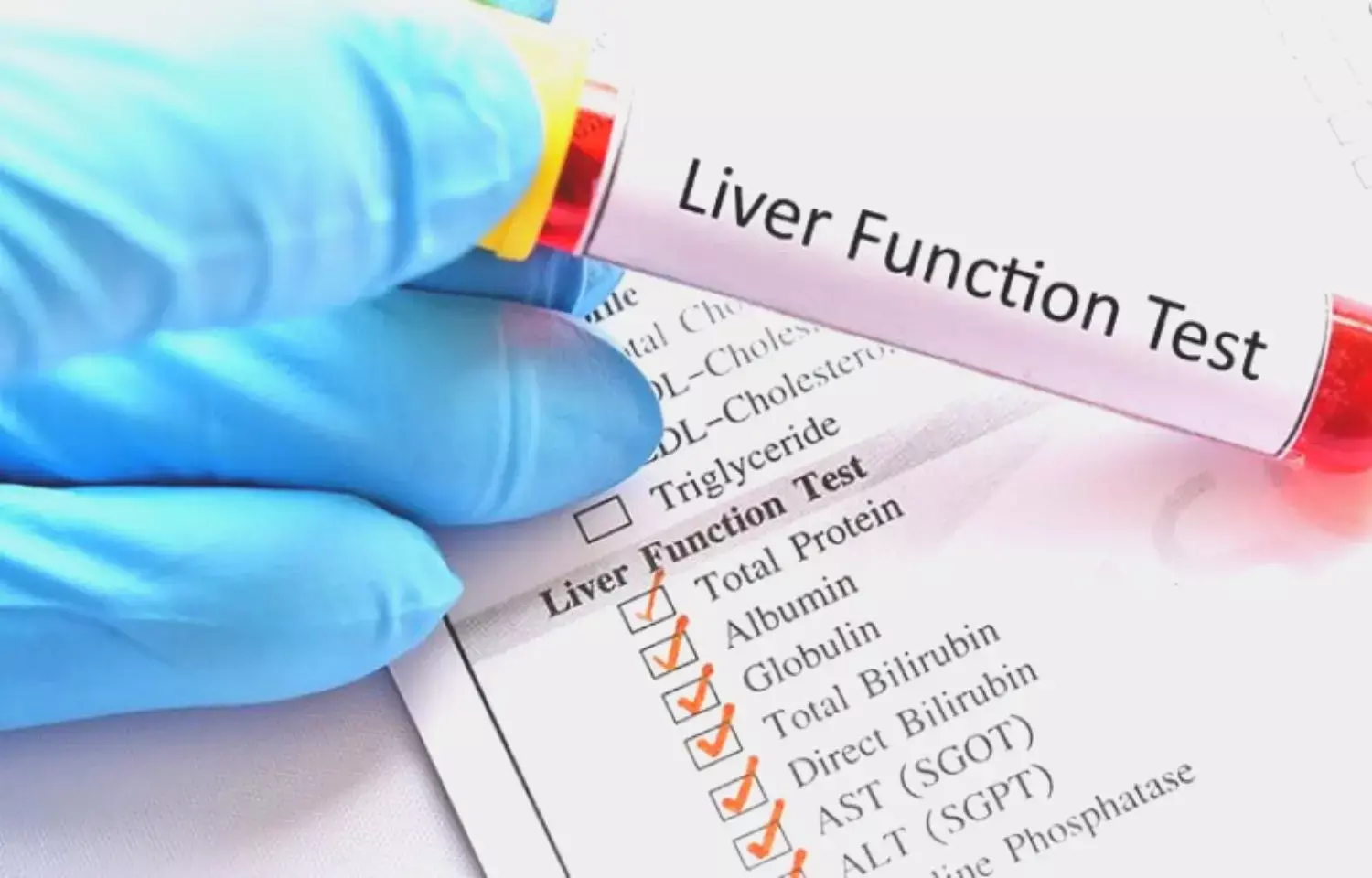- Home
- Medical news & Guidelines
- Anesthesiology
- Cardiology and CTVS
- Critical Care
- Dentistry
- Dermatology
- Diabetes and Endocrinology
- ENT
- Gastroenterology
- Medicine
- Nephrology
- Neurology
- Obstretics-Gynaecology
- Oncology
- Ophthalmology
- Orthopaedics
- Pediatrics-Neonatology
- Psychiatry
- Pulmonology
- Radiology
- Surgery
- Urology
- Laboratory Medicine
- Diet
- Nursing
- Paramedical
- Physiotherapy
- Health news
- Fact Check
- Bone Health Fact Check
- Brain Health Fact Check
- Cancer Related Fact Check
- Child Care Fact Check
- Dental and oral health fact check
- Diabetes and metabolic health fact check
- Diet and Nutrition Fact Check
- Eye and ENT Care Fact Check
- Fitness fact check
- Gut health fact check
- Heart health fact check
- Kidney health fact check
- Medical education fact check
- Men's health fact check
- Respiratory fact check
- Skin and hair care fact check
- Vaccine and Immunization fact check
- Women's health fact check
- AYUSH
- State News
- Andaman and Nicobar Islands
- Andhra Pradesh
- Arunachal Pradesh
- Assam
- Bihar
- Chandigarh
- Chattisgarh
- Dadra and Nagar Haveli
- Daman and Diu
- Delhi
- Goa
- Gujarat
- Haryana
- Himachal Pradesh
- Jammu & Kashmir
- Jharkhand
- Karnataka
- Kerala
- Ladakh
- Lakshadweep
- Madhya Pradesh
- Maharashtra
- Manipur
- Meghalaya
- Mizoram
- Nagaland
- Odisha
- Puducherry
- Punjab
- Rajasthan
- Sikkim
- Tamil Nadu
- Telangana
- Tripura
- Uttar Pradesh
- Uttrakhand
- West Bengal
- Medical Education
- Industry
Liver function markers predict cardiovascular and renal risk: CANVAS trial

USA: Higher levels of gamma-glutamyl transferase (γGT) may independently predict death risk and high CV risk, while canagliflozin protected against HF hospitalization and renal damage, according to findings from the CANVAS trial. The study was published in the journal Cardiovascular Diabetology.
Raised liver function tests (LFTs) have been shown to correlate with multiple metabolic abnormalities and are variably associated with cardiorenal outcomes. Giulia Ferrannini, Department of Medicine Solna, Karolinska Institutet, Norrbacka, S1:02, 171 76, Stockholm, Sweden, and colleagues sought to systematically test the relationship between LFT levels within the accepted range and major cardiorenal outcomes in a large clinical trial in type 2 diabetes, and the possible impact of placebo-controlled canagliflozin treatment.
For this purpose, the researchers measured serum aspartic aminotransferase (AST), alanine aminotransferase (ALT), alkaline phosphatase (ALP), gamma-glutamyl transferase (γGT), and bilirubin concentrations in 10,142 patients, at baseline and repeatedly over follow-up. A multivariate proportional-hazards model was used to investigate the relation of LFTs to first hospitalized heart failure (HHF), cardiovascular (CV) and all-cause mortality, and progression of renal impairment.
Based on the study, the researchers reported the following findings:
· In univariate association, ALT was reciprocally predictive, and ALP was positively predictive, of all adjudicated outcomes; γGT also was directly associated with CV—but not renal—outcomes.
· In multivariate models including all 5 LFTs and 19 potential clinical confounders, ALT was independently associated with lower, and γGT with higher, CV outcomes risk.
· Canagliflozin treatment significantly reduced ALT, AST, and γGT over time.
· In a fully adjusted model including updated LFT levels and treatment, γGT was independently associated with CV and all-cause mortality, ALP with renal dysfunction progression, and canagliflozin treatment with a significant reduction in HHF and renal risk.
"Higher levels of γGT are top LFT markers of risk of HHF and death in patients with diabetes and high CV risk, while ALT is protective," wrote the authors. "Canagliflozin lowers HHF and renal damage risk independently of LFTs and potential confounders."
"Further exploring other cardiovascular outcome trials may help complete the picture of CV and renal risk in people with or without diabetes and offer further pathogenetic and therapeutic clues," they concluded.
Reference:
Ferrannini, G., Rosenthal, N., Hansen, M.K. et al. Liver function markers predict cardiovascular and renal outcomes in the CANVAS Program. Cardiovasc Diabetol 21, 127 (2022). https://doi.org/10.1186/s12933-022-01558-w
Dr Kamal Kant Kohli-MBBS, DTCD- a chest specialist with more than 30 years of practice and a flair for writing clinical articles, Dr Kamal Kant Kohli joined Medical Dialogues as a Chief Editor of Medical News. Besides writing articles, as an editor, he proofreads and verifies all the medical content published on Medical Dialogues including those coming from journals, studies,medical conferences,guidelines etc. Email: drkohli@medicaldialogues.in. Contact no. 011-43720751


